To understand the relevance and the impact of this report on various commercial, industrial and service sectors in Argentina, we need to set it in the proper context.
Argentina benefits from a high-quality intellectual property legal protection system. The National State, through the National Industrial Property Institute (INPI), and the National Copyright Office, (DNDA), ensures that inventors, trademark owners and authors can register and protect their rights via the appropriate bureaucratic procedures by means of increasingly efficient virtual tools. In so doing, these National Agencies guarantee the implementation of Article 17 of the National Constitution, which acknowledges that “every author or inventor is the exclusive owner of his work, invention or discovery.” In addition, Argentina is a signatory to the main treaties for the protection of intellectual property, such as the Paris Convention, the Berne Convention, and TRIPS, strengthening the international protection of trademarks, patents, industrial designs, copyright and other intellectual property rights. There are ongoing discussions regarding some treaties that aim at improving registration procedures, such as the PCT treaty for patents, or the Madrid Agreement for trademarks. Altogether, the national and international regulations provide the Argentine courts with the necessary legal tools to deal with infringements to intellectual property rights.
However, when focusing on the scope and the enforcement of these rights, conceptual differences arise that are argued by the different industrial sectors, particularly the pharmaceutical, agricultural, tobacco, retail and electronics sectors, which often deal with competitors whose greater or lesser profits depend on the legal interpretation of the intellectual property laws.
This is the framework for interpreting the matter that provides the title of this article. The intellectual property reports annually prepared by the United States Department of Commerce analyzes the scope of intellectual property rights throughout the world, drafting special attention lists for cases that it considers to be harmful or potentially harmful to the interests of companies in specific countries. The information provided in the lists issued by the Chamber of Commerce involves great complexities. Argentina, which has been on a “special attention” status for many years, shares a place with such countries as Chile, China, India and Russia; on the “general surveillance list” we find countries such as Canada, Mexico, Colombia and Thailand.
The full report can be reviewed in the following link: https://ustr.gov/sites/default/files/2024%20Special%20301%20Report.pdf
Besides other interesting aspects worth analyzing in connection with the Argentine case, of particular interest is the reference to the La Salada market, in the Province of Buenos Aires, included among the markets that generate concern in relation to intellectual property rights. In addition, the report includes warnings against many cases of counterfeit sales in other physical locations, surges in the selling of counterfeit goods occurring in small markets, through illegal street vendors, and in the Barrio Once and other markets in the City of Buenos Aires and throughout the country.
Furthermore, the report notes that, “when a criminal case does reach a final judgement, infringers rarely receive deterrent-level sentences”. In addition, “online piracy continues to grow due to nearly non-existent criminal enforcement”, says the report. «As a result, IP enforcement online in Argentina consists mainly of right holders trying to convince Argentine Internet service providers to take down specific infringing works, as well as attempting to seek injunctions in civil cases, both of which can be time-consuming and ineffective,» the document states. It also points out that “another ongoing challenge to the innovative agricultural chemical and pharmaceutical sectors is inadequate protection against the unfair commercial use, as well as unauthorized disclosure, of undisclosed test or other data generated to obtain marketing approval for products in those sectors.”
However, in this latest report, the section on Argentina included certain subtle but important changes regarding the pharmaceutical industry, which were noted by the domestic press. The influential online newspaper Infobae informed that, after talking to several Argentine laboratories, it may be affirmed that the USTR 2024 report has dispelled doubts and questions about the patent regime of the national industry (https://www.infobae.com/salud/2024/05/13/como-impacta-en-los-laboratorios-nacionales-el-cambio-de-vision-que-aplico-eeuu-sobre-las-patentes-farmaceuticas-en-argentina/ ).
In this regard, the CEO of the Argentine Chamber of Pharmaceutical Laboratories (CILFA), Eduardo Franciosi, explained to the media that the report means a change from what has been happening over the last 12 years, namely that the United States have now “accepted the CILFA arguments on the level of compliance with the patentability guidelines, namely, the granting patents to developments that are true innovations while denying the patentability of minor changes, whose actual intent is to extend the life of pre-existing patents and ensure monopolies,» he said. «This change of vision is very positive for the Argentine industry and dispels doubts and questionings of our patent system,» Franciosi told Infobae.
Subtleties are important, indeed. These Reports should be analyzed in careful detail, year by year. To have a thorough understanding, it is necessary to know the underlying circumstances that led to the preparation of the report, as well as to sensibly weigh the information that different sectors and interested parties – both in the US and in Argentina – have submitted to the US Department of Commerce during the year prior to publication.
The various economic sectors should be aware of their future standing on each legal issue. They should act as necessary in order to defend their interests and avoid drawing erroneous or harmful conclusions.







